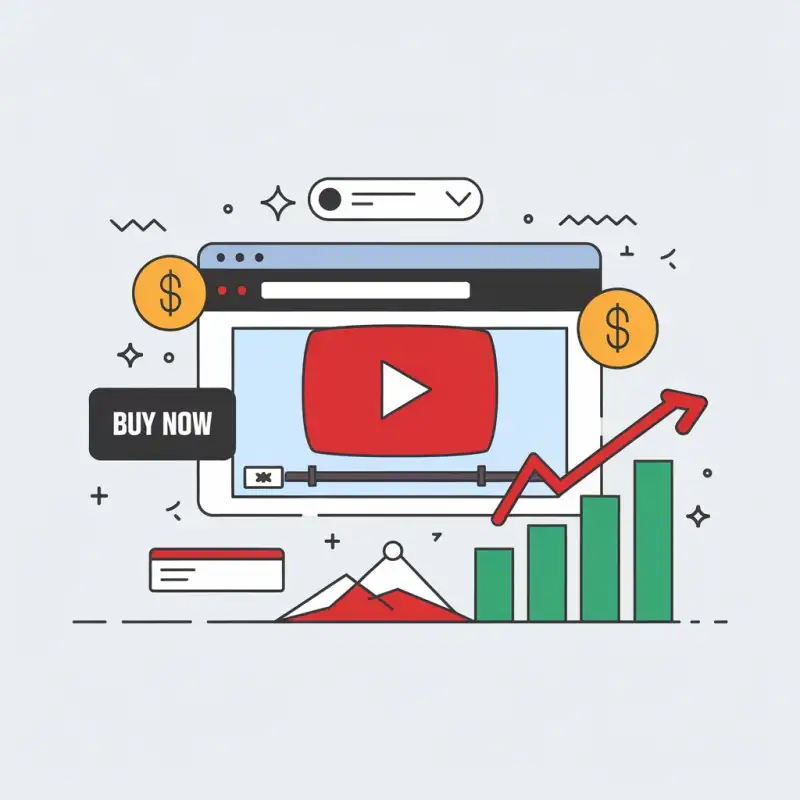What is CPC in Digital Marketing? - NSK MultiServices
What is CPC in Digital Marketing?
What is CPC in Digital Marketing? – In the dynamic realm of digital marketing, abbreviations and jargon are aplenty. One acronym you’ll frequently encounter is CPC or Cost-Per-Click. But what exactly is CPC, and why is it essential for digital marketers? In this article, we’ll dive into the world of CPC in digital marketing and explore its significance.
What is CPC in Digital Marketing?
CPC, short for Cost-Per-Click, is a fundamental metric in online advertising. It represents the cost an advertiser incurs each time a user clicks on their digital ad. CPC is an essential concept because it directly impacts the financial aspect of digital advertising campaigns.
How is CPC Calculated?
CPC is calculated using a straightforward formula:
CPC = Total Cost of Campaign / Number of Clicks
In this equation, the total cost refers to the amount you’ve spent on your digital advertising campaign, while the number of clicks represents the total clicks your ad has received.
Why is CPC Significant?
CPC is a crucial metric for several reasons:
- Budget Management: It helps advertisers control and manage their advertising budgets effectively. Knowing the cost of each click allows you to allocate your budget strategically.
- Cost-Efficiency: CPC enables you to gauge the cost-effectiveness of your digital advertising efforts. Lower CPCs mean you’re spending less for each potential customer interaction.
- Performance Evaluation: By analyzing CPC alongside other metrics like Click-Through Rate (CTR) and Conversion Rate, you can assess the overall performance of your ad campaigns.
- Bidding Strategies: CPC plays a central role in bidding strategies, allowing advertisers to set maximum bid limits for clicks and adjust bids to achieve specific goals.
Factors Affecting CPC
Several factors influence CPC in digital marketing:
- Keyword Competition: Highly competitive keywords tend to have higher CPCs due to increased demand from advertisers.
- Quality Score: Search engines like Google assign Quality Scores to ads based on factors like relevance, ad quality, and landing page experience. Higher Quality Scores can lead to lower CPCs.
- Ad Position: Ads in top positions on search engine results pages (SERPs) often have higher CPCs because they receive more clicks.
- Bidding Strategy: The bidding strategy you choose, whether manual or automated, can impact your CPC.
- Industry and Location: CPC rates can vary significantly by industry and geographic location, with some industries experiencing higher average CPCs.
Related Articles
- What is PPC in Digital Marketing and How It Works?
- How to Check Bounce Rate in Google Analytics: A Step-by-Step Guide
- Why should I use Google Ads Platform for my business?
- Low cost website design company in India
- Ecommerce website development cost in India?
Conclusion
Understanding CPC in digital marketing is vital for anyone involved in online advertising. It’s not just about the cost of a click; it’s about making informed decisions to optimize your ad campaigns, stretch your budget, and achieve your marketing goals. By keeping a watchful eye on CPC and implementing effective strategies, you can navigate the digital advertising landscape with greater precision and success.
About
Nandeshwar
Nandeshwar is a versatile professional skilled in digital marketing and App/Web development. With 5 years of experience and a Diploma in Computer Engineering, they excel in crafting effective marketing strategies and building dynamic websites. Specializing in content marketing, they drive results for clients while creating visually stunning websites using WordPress, Laravel, PHP and Flutter. Beyond work, they stay updated on industry trends and enjoy sharing insights.



